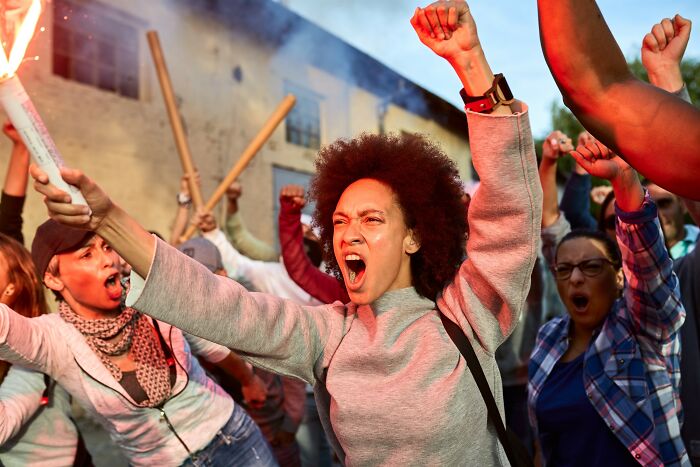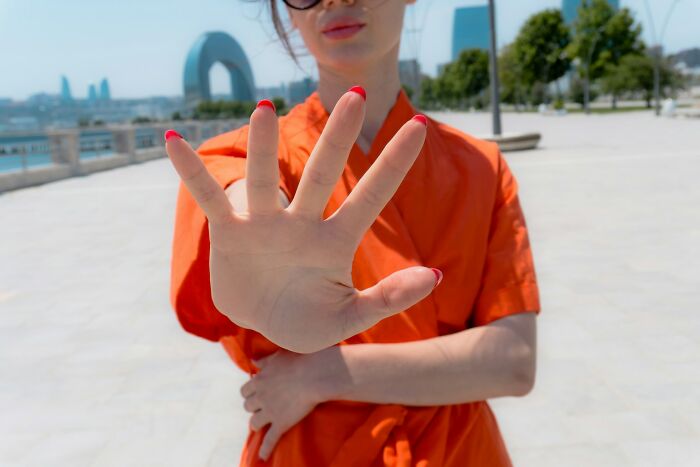Let’s be very clear about one simple thing. Stereotypes, even when they seem positive on the surface level, can still be harmful and depersonalizing. The real world is much more nuanced and complex than the overly exaggerated assumptions folks make about each other’s countries and cultures. And yet, many of these generalizations continue to persist.
In a viral discussion sparked by u/Grouchy_Welder8068 on ‘Ask The World,’ people revealed the positive (yet wrong) stereotypes that others have about individuals from their countries. Keep scrolling to read about their experiences. Meanwhile, read on for Bored Panda’s interview with the author of the thread, u/Grouchy_Welder8068.
Philippines

That everyone’s so friendly here. Well, there’s some merit to it, but the way foreigners describe it is so exaggerated.
It’s only because most of the Filipinos don’t know how to be rude in English. Once you start learning Tagalog, or other local languages, your opinion will surely change.
France

That we do a LOT of r̶i̶o̶t̶s̶ strikes, which is true, but it depends on the professions.
Canada

We have a reputation as being nice and friendly.
The issue with positive stereotypes is that they still fail to capture who you are as an individual. You are rubberstamped with broad attributes and characteristics based on your ethnicity, culture, background, etc.
To put it simply, people who believe the positive stereotypes they hear about you also tend to believe the negative stereotypes, too. What’s more, stereotypes affect more than just an individual’s (mis)perceptions about how the world works. They are society-wide issues.
As NPR points out, the “negative effects of positive stereotypes don’t stop with our perceptions of others — they can also affect individual and societal decisions.”
Furthermore, when you’re exposed to positive stereotypes, you may be less likely to fight for social change. On the flip side, hearing negative stereotypes can “increase motivation for social change.”
Germany

People say we are punctual. When I‘m punctual I have to wait 10 minutes for the others tho.
Finland

We don’t waste words. Say what you want to say, silence is golden.
Personal space and privacy are a given. Being quiet isn’t rude, not everyone has to be extroverted.
Ireland
 A
A
lot of untrue ones tbh. Irish people are seen to be welcoming and kind but i really dont think thats the standard here.
I do think the stereotype that irish people are generally very funny is true though.
Verywell Mind stresses that because stereotypes are based on such deeply ingrained beliefs, formed by social networks and your environment, it can be difficult to even recognize and acknowledge them.
You should ask yourself some basic provocative questions that challenge your firmly-held beliefs about other groups of people, like:
- Where did your beliefs come from?
- What exact assumptions do you have about specific groups of people?
- How do you feel when someone from one of those groups doesn’t fit those stereotypes?
- Are you complimenting a person because of who they are or who you think they are?